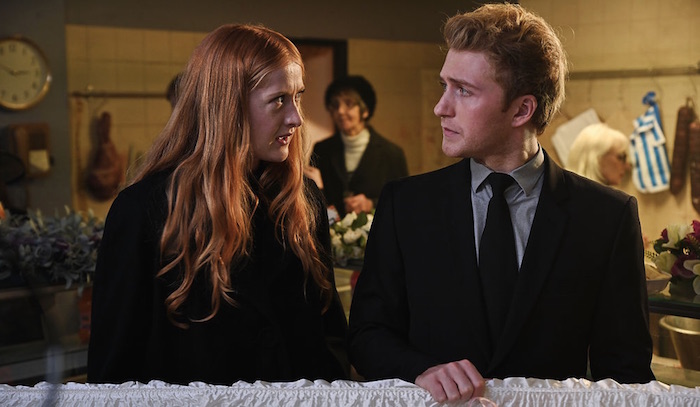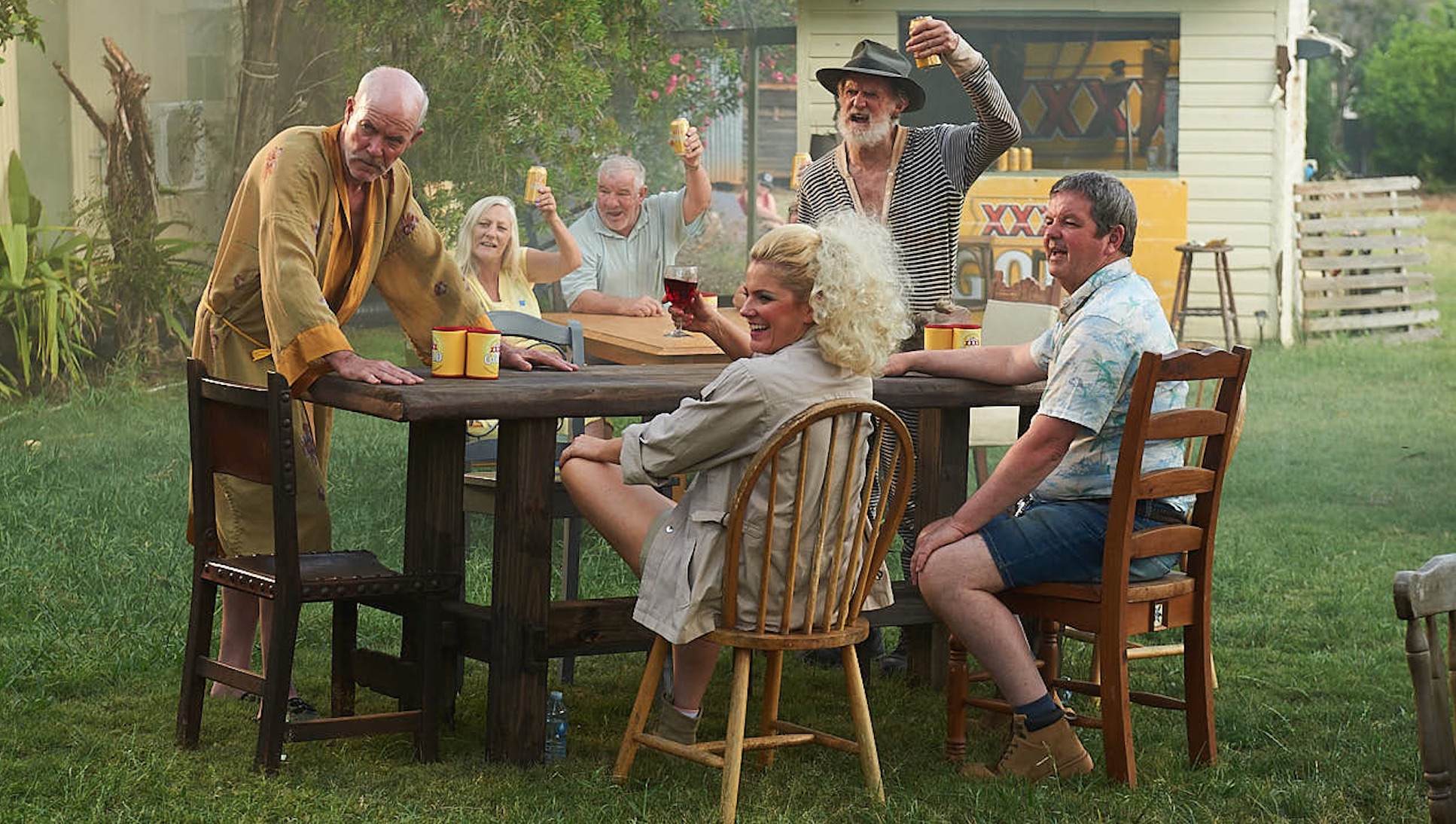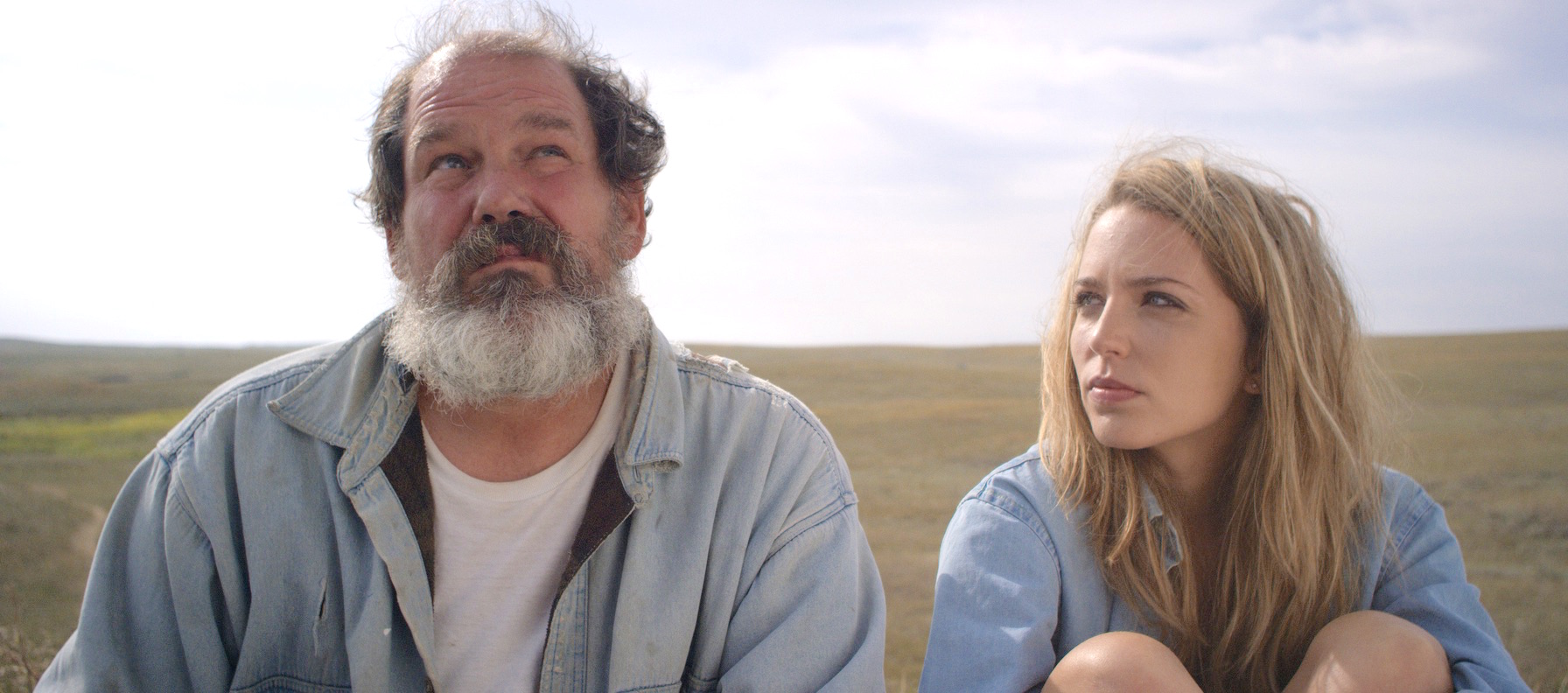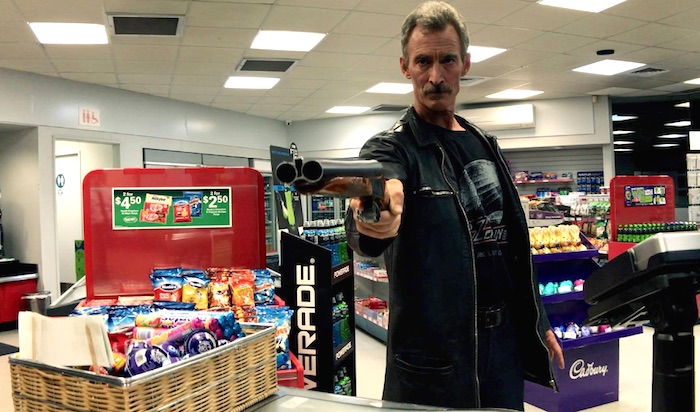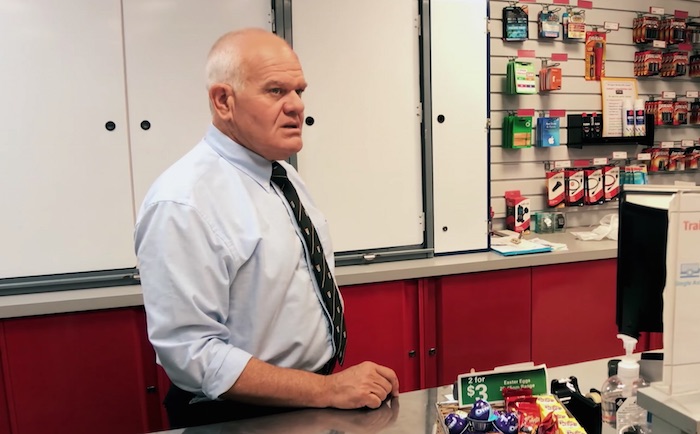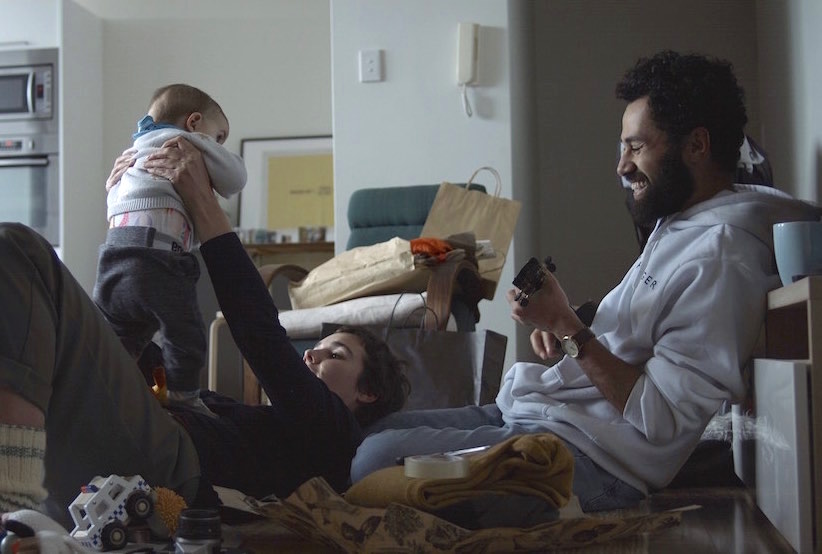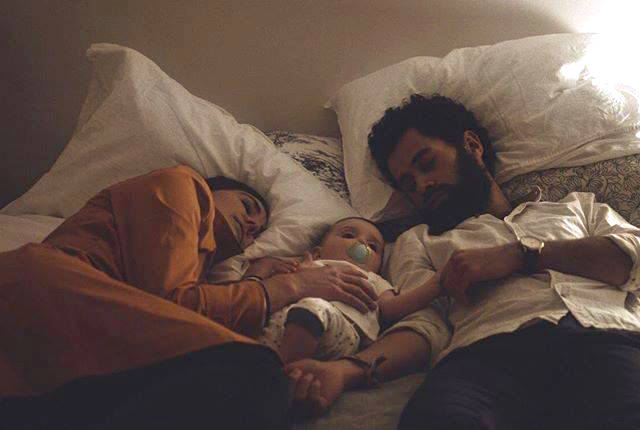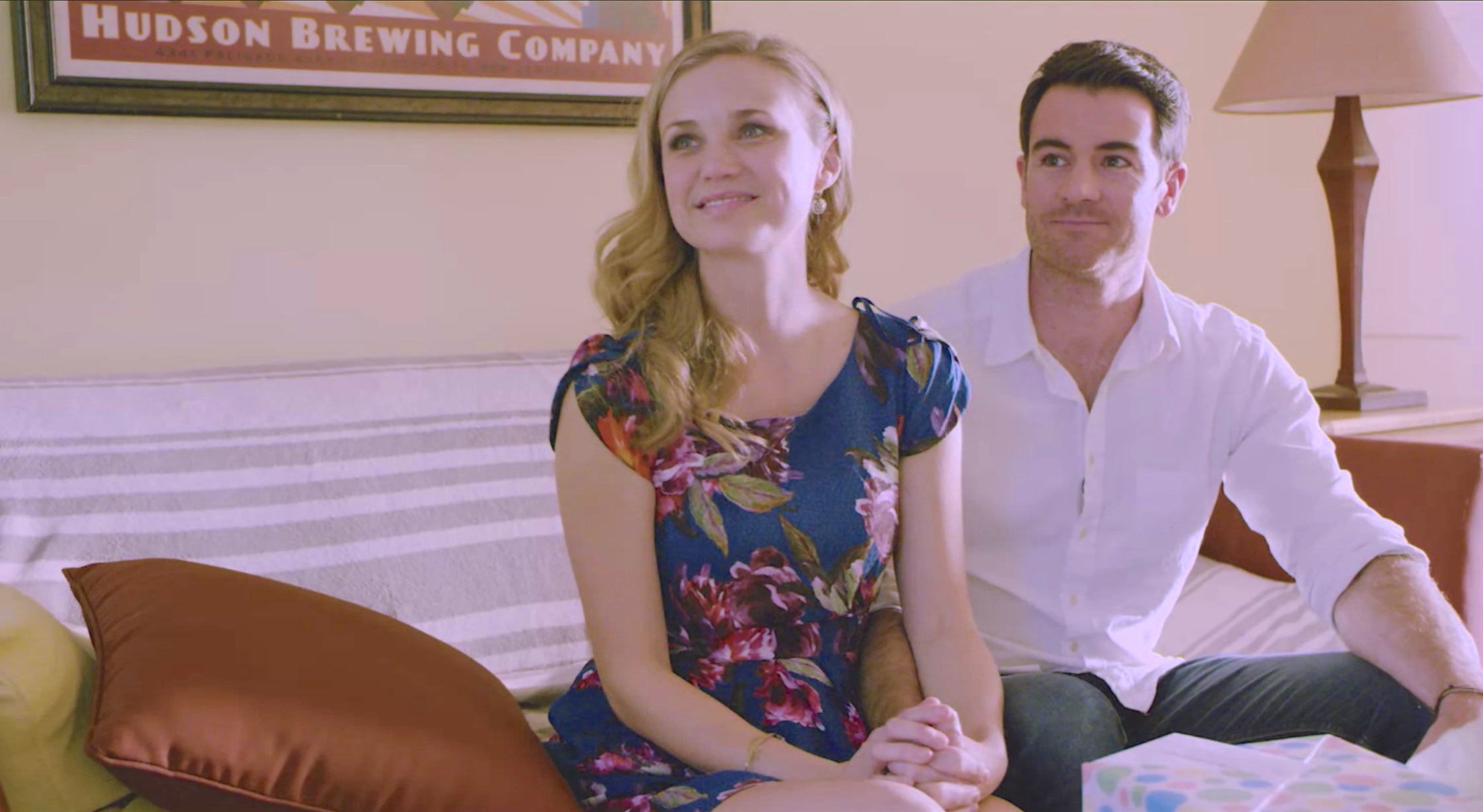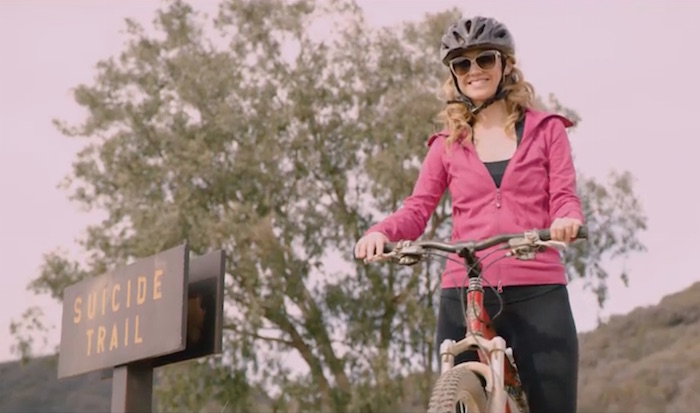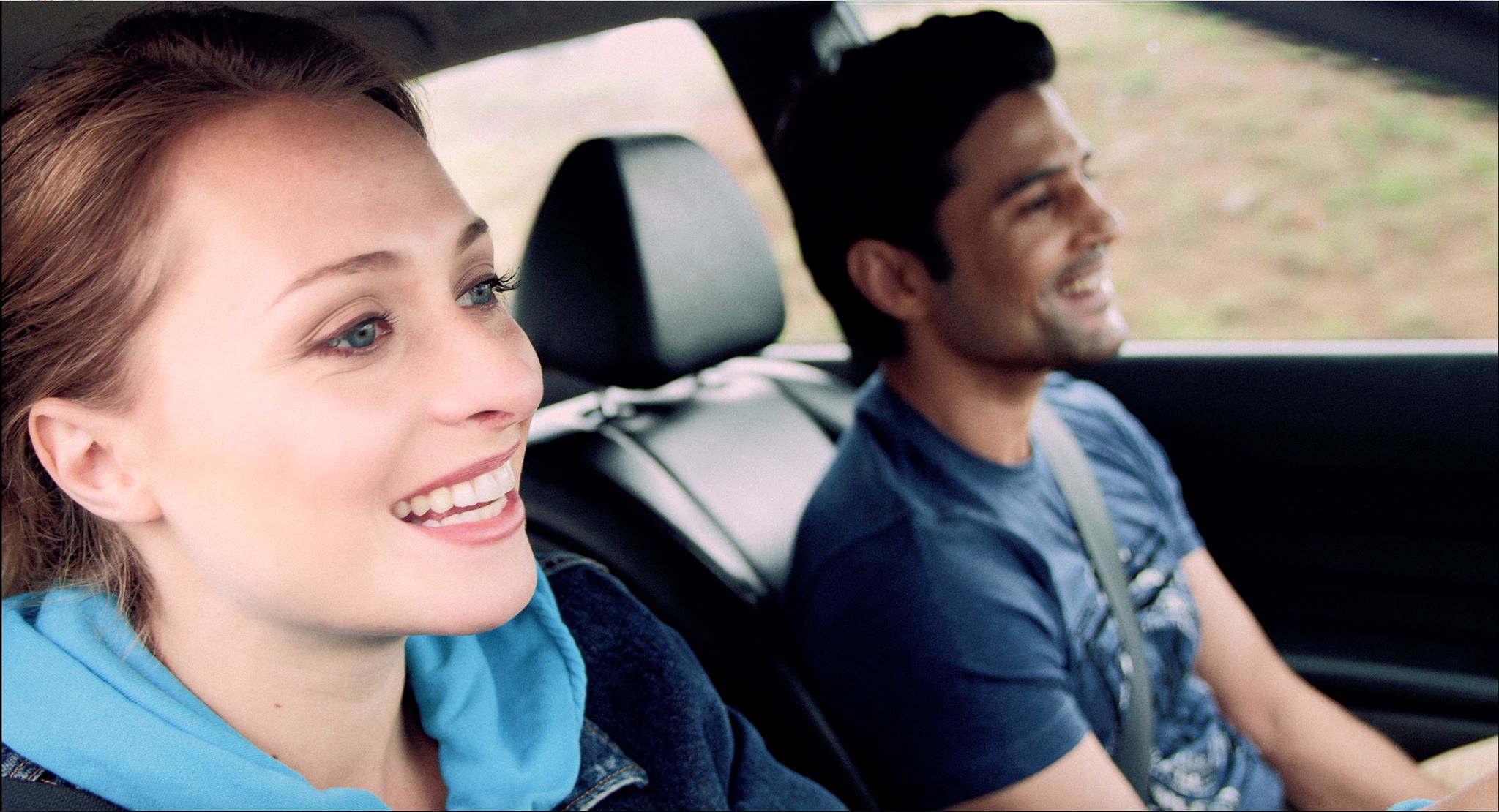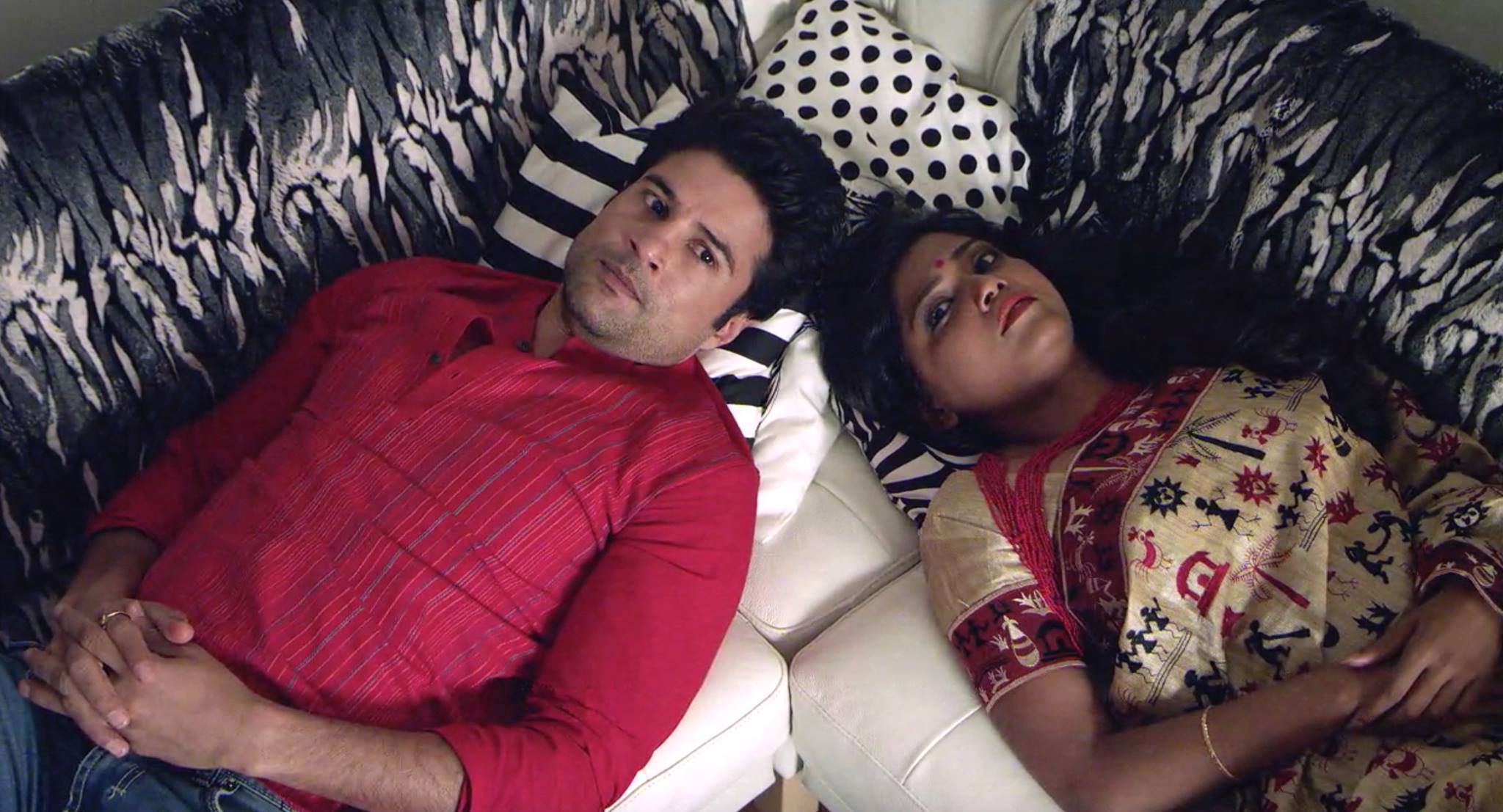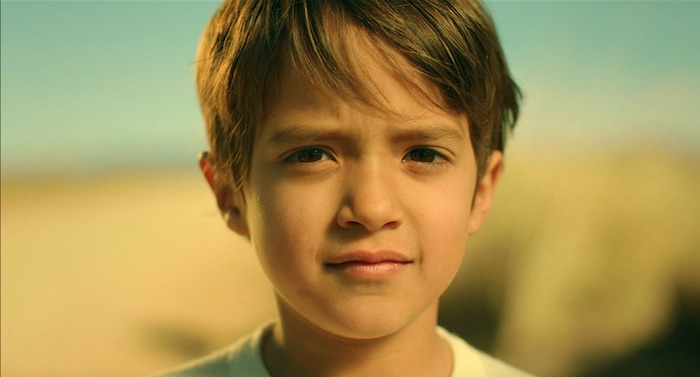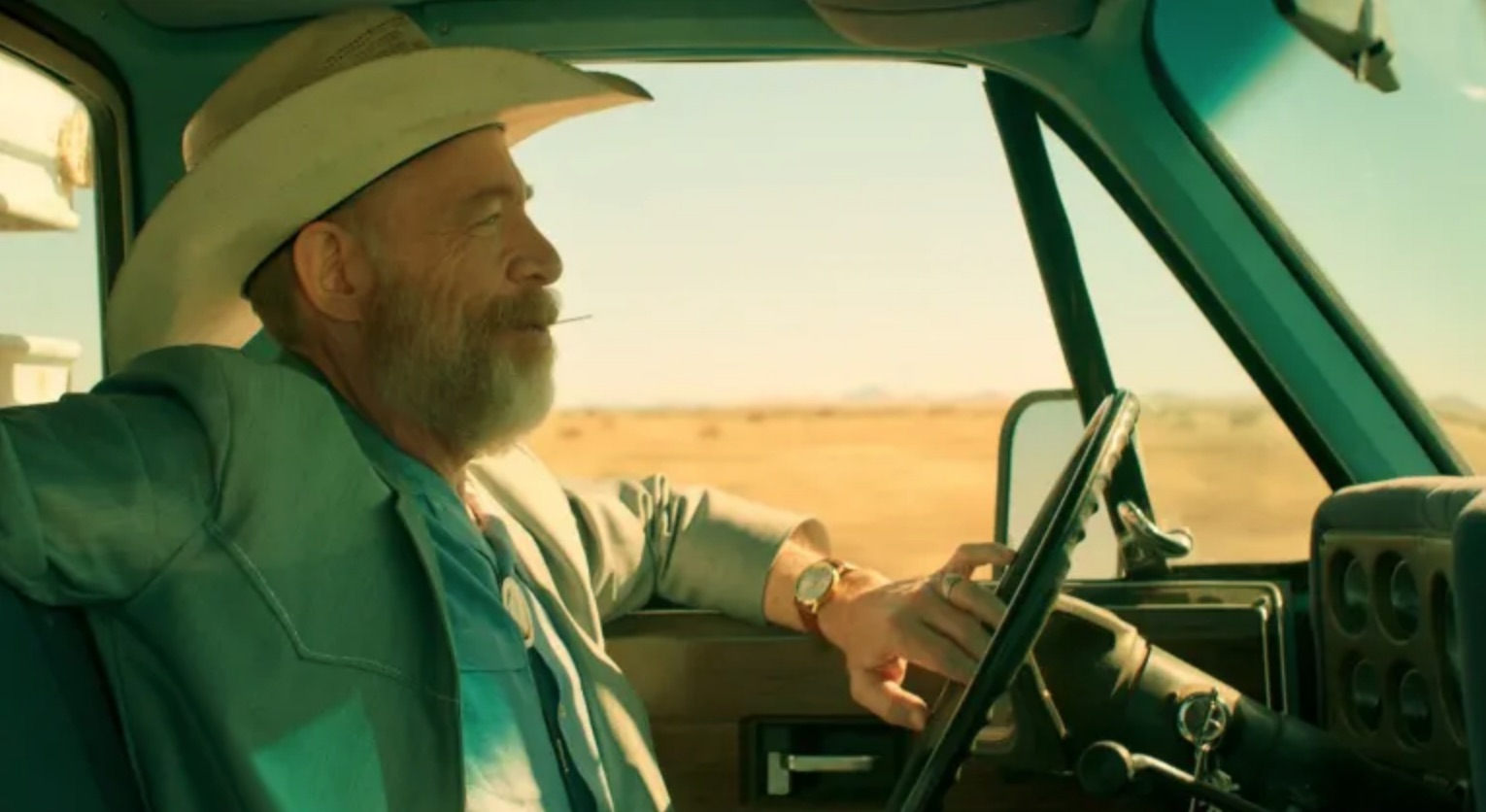STAY OUT STAY ALIVE
 Monday, November 18, 2019 at 8:30PM
Monday, November 18, 2019 at 8:30PM Stars: Brandon Wardle, Brie Mattson, Sage Mears, William Romano-Pugh, Christina July Kim, David Fine and Barbara Crampton.
Writer/Director: Dean Yurke.
Rating: ★ ★ ★ ★
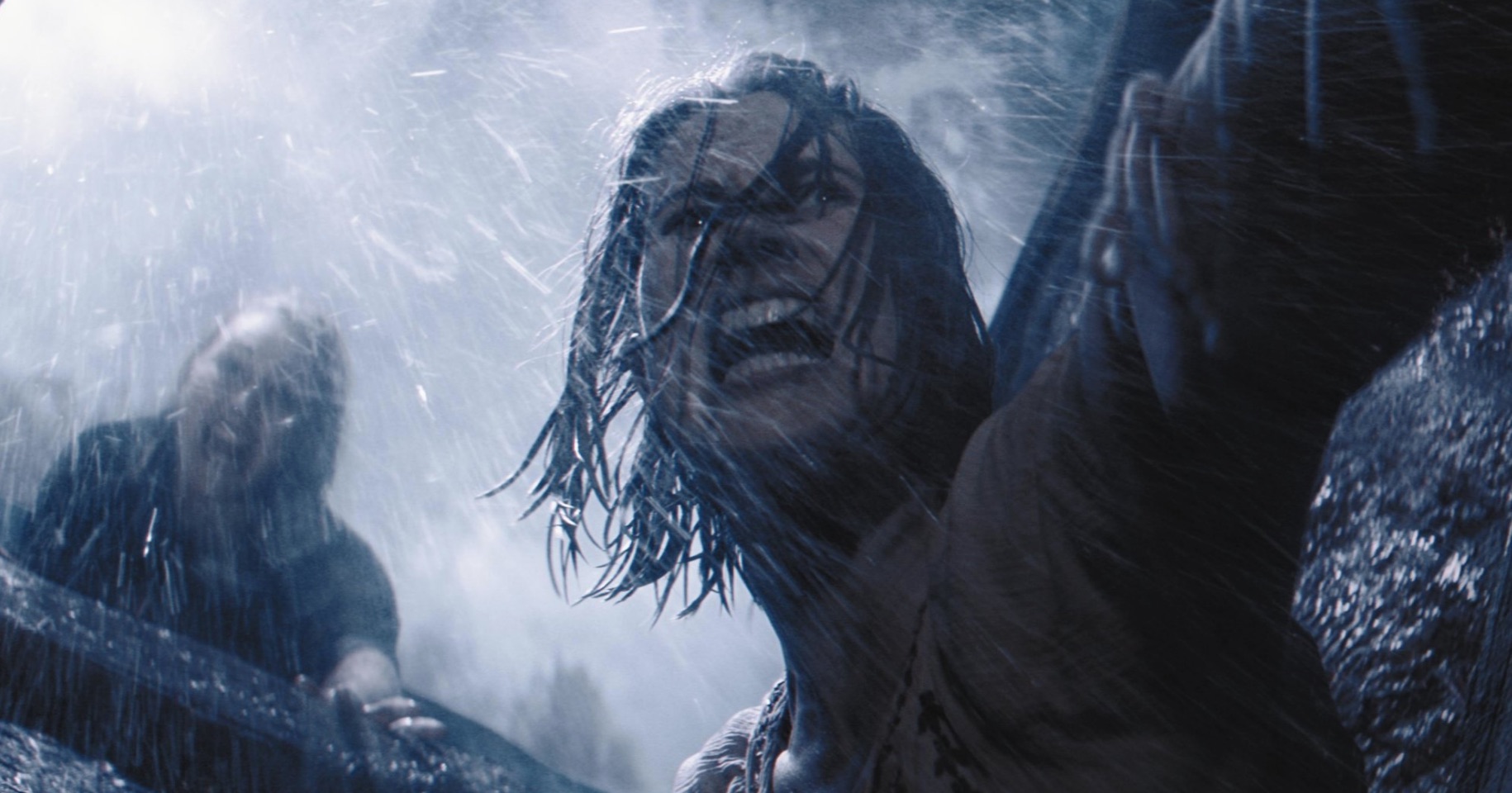
Hoary old horror movie tropes still have a lot of life left in them if Dean Yurke’s Stay Out Stay Alive is any indication. The debutant director rakes over such well-trodden ground as Native American curses, creepy old mines and college kids who should no better than going bush, yet within those familiar parameters he delivers a convincingly scary spin on just how ugly human nature can be when tempted by greed and twisted by paranoia.
Like a million other films in the history of horror cinema, Yurke introduces his protagonists packed into a minivan, riffing on the pros and cons of camping deep in the woods. Gregarious blonde Bridget (Brie Mattson) is all giggly and flirty with her jock bf, Reese (Brandon Wardle); studious Amy (Christina July Kim) is focussed on her PhD paper, barely registering her nerdy guy Kyle (William Romano-Pugh); and, making up the numbers, just-dumped Donna (Sage Mears), who feels her solitary status so much it makes her wander into the night as her matched-up friends party by the campfire.
When Donna falls into an abandoned mine, her attempted rescue leads to the matter-of-fact discovery of a gold seam. No one considers the ease of its uncovering particularly strange, until clues point to a) the mass death of past visitors to the pit and b) a curse placed upon the woods by a Native American Chief, whose ghostly tribesman may still haunt the region (Yurke based it upon a legend stemming from the Mariposa Indian War of 1851, during which the son of a tribal elder was killed and the region was believed placed under a vengeful curse).
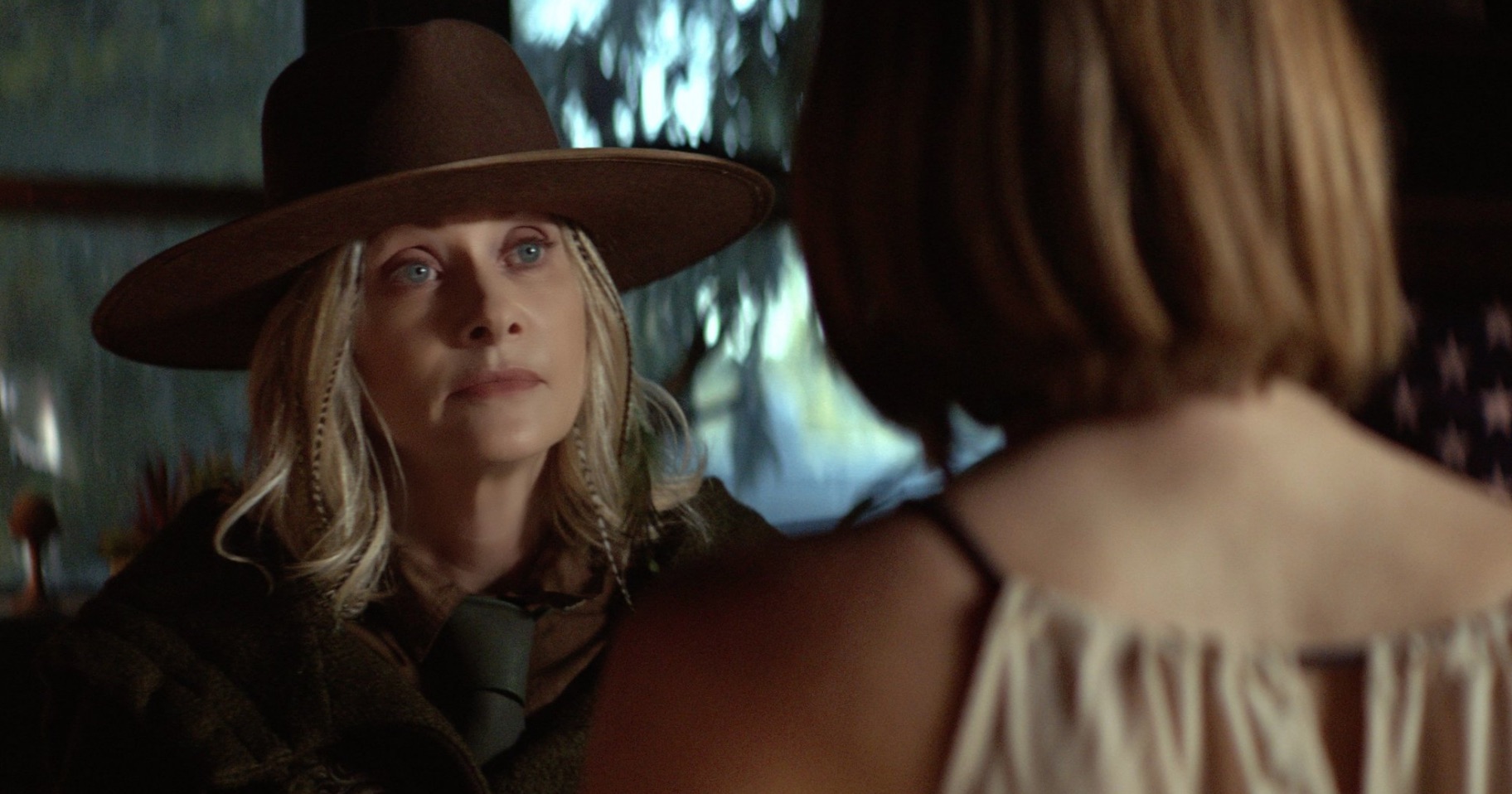
The production’s decision to cast actors slightly older than your average cabin-in-the-woods horror kids works in favour of the deeper themes at play and serves to elevate the psychological drama of Yurke’s narrative. Relationship dynamics, patriarchal hierarchy and middle-class entitlement all surface as rapidly as the storm waters that threaten the valley, each bringing a heightened and masterfully sustained tension between the characters. Yurke bounces jauntily through the prerequisite first act genre beats (phones don’t work, check; sexy tent action, check; red herring scares, check) before settling comfortably into the meat of his drama.
The pic’s supernatural visitations are superbly creepy; one sequence late in Act III, in which one character is confronted by spirit animal manifestations of the murdered Natives, is particularly chilling. Bringing legitimate horror movie cred is an extended cameo by the great Barbara Crampton (Re-Animator, 1985; From Beyond, 1986), whose off-kilter ‘Ranger Susanna’ represents another memorable turn in her indie horror-led career resurgence (You’re Next, 2011; Lords of Salem, 2012; We Are Still Here, 2015; Beyond the Gates, 2016; Reborn, 2018).
Despite its mid-budget pedigree and occasionally underground setting, it should be no surprise that Yurke’s debut looks so damn good. With 25 years behind him as one of Hollywood’s most respected digital artists and long ties to employer Industrial Light & Magic (who facilitated post work on the film), Yurke delivers a thrilling, visually engaging close-quarters shocker. Hard to believe with his CV he’d need to impress with an ambitious, accomplished calling-card work, but he has; 2½ decades into a distinguished b.t.s. career, Dean Yurke the director has arrived.
Stay Out Stay Alive - Official Trailer from Dean Yurke on Vimeo.
 Film Festival,
Film Festival,  Horror Film,
Horror Film,  Independent,
Independent,  Supernatural
Supernatural 

